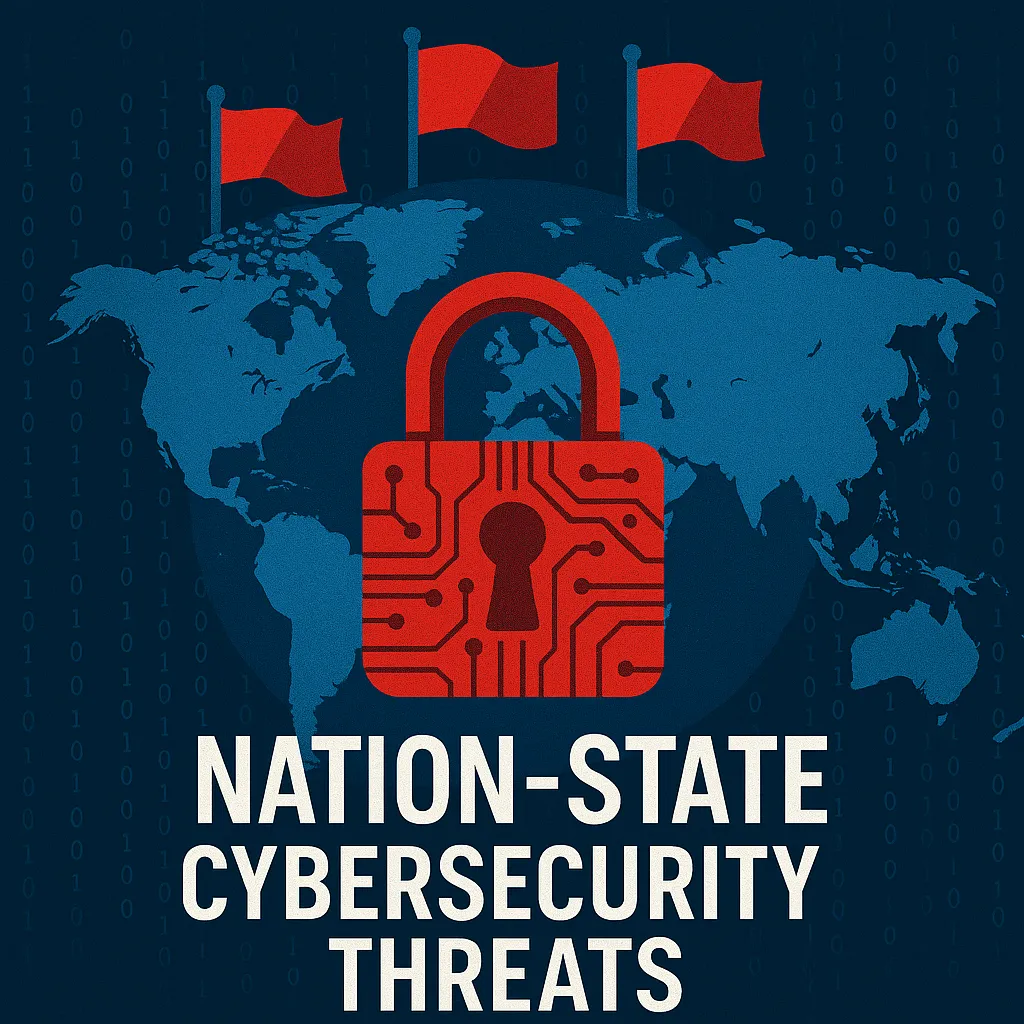Shadows Over Cyberspace: How Nation-State Attacks Threaten Global Security
In an era where digital frontiers are as critical as physical borders, the emergence of nation-state cyber threats has reshaped the landscape of global security. Nation-State Attacks, often facilitated by Advanced Persistent Threats (APTs), represent a significant and evolving danger to our digital and real-world lives.
Understanding Advanced Persistent Threats (APTs)
At its core, an APT is a prolonged and targeted cyberattack in which an intruder gains access to a network and remains undetected for an extended period (CISA, source). These are not random hackers; they're sophisticated groups supported or controlled by nation-states aiming to steal, spy, or disrupt (Lookout, source). The intent and persistence differentiate APTs from other cyber threats.
Real-World Impact of Nation-State Cyberattacks
According to recent findings, APT actors exploited vulnerabilities like CVE-2022-47966 to infiltrate organizations through public-facing applications (US CYBERCOM, source). These attacks are not just about causing immediate harm but aiming for long-term espionage and subversion, impacting everything from economic stability to national security.
The Significance of Protecting Against APTs
The difficulty in detecting and mitigating APTs lies in their nature of attack. Stealth and persistence are their hallmarks, necessitating robust cybersecurity measures and continual vigilance from businesses and governments alike.
Best Practices for Defense Against Nation-State Hacks
To defend against these sophisticated threats, organizations must adopt advanced cybersecurity frameworks that include regular updates and patches, comprehensive monitoring systems, and employee training to recognize phishing and other malicious activities. Building a culture of cybersecurity awareness is no longer optional but a necessity.
Global Collaborative Efforts
Combating nation-state cyber threats requires cooperation beyond individual organizational or national efforts. International laws and agreements, along with collaborative cybersecurity initiatives, are critical. The UN and other international bodies are actively working on norms and regulations to manage the cyberspace threats posed by nation-states.
In conclusion, as we edge further into an interconnected digital age, the distinction between conventional and cyber warfare continues to blur. Understanding and preparing for the implications of nation-state cyberattacks is not merely advisable; it's imperative for global stability and security.
